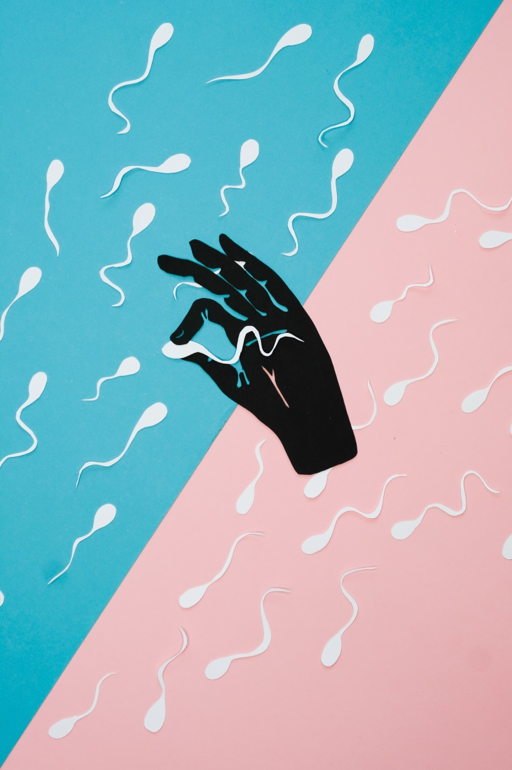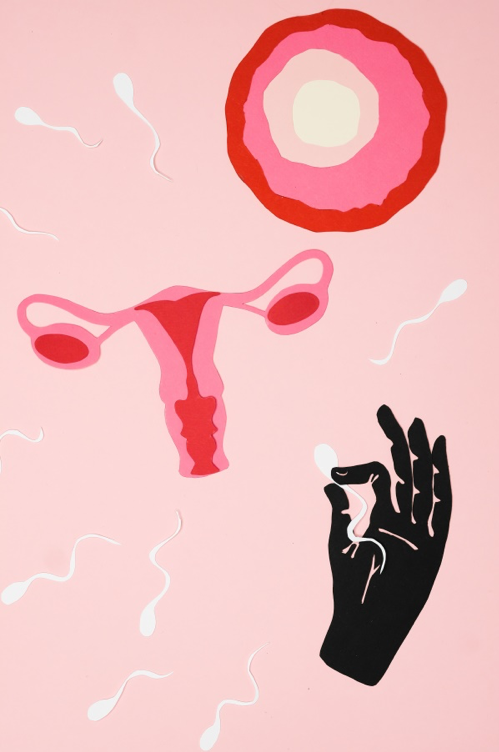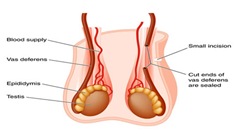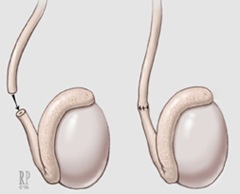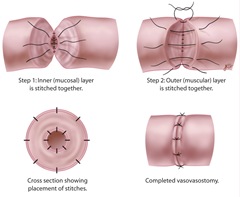How do male genitalia and reproduction work? The male reproductive system contains various organs that support urination and reproduction. These organs play a vital role in the body. Their functions are:
- Producing male sex hormones
- Creating, maintaining, and transporting sperms and semen. Sperms are the reproductive cells that attach to the female egg, while sperm is a fluid that protects sperm.
- Discharging sperms inside the female body.
The male genitalia and reproductive system have two parts, internal and external. These genitalia support males with sexual intercourse, urinate and give birth.
External Male Genital and Reproduction Parts
Many male reproductive organs such as the penis and scrotum are located on the pelvis and abdominal cavity. Let’s understand what roles these genitals play in the reproductive process:
1. Penis
The penis helps with sexual intercourse and carries sperms inside female reproductive genitals. It consists of three parts. The root attaches the penis to the abdomen’s wall. The shaft or body is a tube-like chamber and contains erectile tissue. This tissue includes thousands of pores or spaces, filled with blood.
The erectile tissue helps with sexual arousal. When the blood fills inside the pores, it causes an erection. Erection is important to penetrate the penis inside the female genitals during sex. The elastic and loose penis skin stretches with the erection.

The last part of the penis is the glans, which is a cone-shaped head. It contains foreskin, which is also a loose skin layer. Normally, men remove this part through circumcision.
2. Scrotum
The scrotum contains testicles and numerous blood vessels and nerves. It regulates the temperature of the scrotum and protects the testes. The testes require a cooler temperature than the body to trigger normal sperm development. There are special muscles in the scrotum that relax and contract for climate control. It brings testicles closer to the body for protection and warmth. However, when the testes need cool temperature it moves further away.
3. Testicles (testes)
Testes are olive-shaped large organs covered inside the scrotum. The spermatic cord keeps the testes secure. Testes make testosterone, which is a male sex hormone. It is responsible for sperm production. Testes contain coil-structured tubes called seminiferous tubules. These tubes produce sperm cells through the spermatogenesis process.
4. Epididymis
The epididymis is a coiled and long tube behind the testicles. These tubes transfer and store sperm cells from the testes. Testes produce incapable and immature sperms that are not ready for reproduction. The epididymis is responsible for sperm maturity. Furthermore, it transfers the sperms to the vas deferens during sexual arousal.
Internal Male Genital and Reproduction Parts
Several internal organs support your reproductive system. You can refer to these organs as accessory organs. These organs play a vital part in the male reproductive system. Problems with these organs may affect the reproduction process. A professional urologist can help treat infections, diseases, and abnormalities in these organs. These organs are:
1. Vas Deferens
Vas deferens is a muscular and long tube that carries sperms to the penis. This tube stretches from the epididymis to the pelvic cavity. The sperms travel through this tube, mixes with semen, and move out of the body during ejaculation.
2. Ejaculatory Ducts
Ejaculatory ducts join seminal vesicles and vas deferens. The duct carries sperms and semen into the urethra.
3. Urethra
Normally, urine flows through this tube out of the body. When you reach orgasm, semen flows through this organ. The erection of the penis blocks urine and ejaculate semen.
4. Seminal Vesicles
These are sac-like pouches located near the base of the bladder. It connects with the vas deferens and creates a sugar-rich fluid that helps sperms move with energy. The major role of this fluid is to help with motility. The major portion of your ejaculatory fluid is the seminal vesicles.

5. Prostate Gland
This is a walnut-sized gland, located between the rectum and urinary bladder. The prostate glands produce additional ejaculatory fluid. Prostate fluids offer nourishment and protection to the sperms. The urethra that ejaculates the fluid outside the body passes through the prostate gland.
6. Bulbourethral Glands
The Cowper’s glands or the bulbourethral glands are small glands located below the prostate gland. These glands produce slippery fluid that acts as a lubricant. It lubricants and neutralize the pH level of the urethra. This clear fluid lowers the acidity of the urine in the urethra to protect against sperms.
Male Genitalia and Reproduction: Conclusion
The structure of male genitalia and the production system is remarkable, where each organ plays a vital part. When even one of these organs malfunctions, it disrupts the reproduction process. Some male reproductive disorders are testicular cancer, erectile dysfunction, and varicoceles.
If you experience pain in the lower abdomen, scrotum, or penis, or are looking to have a vasectomy or vasectomy reversal procedure, you should consult an expert urologist. Visit our clinic Vasectomy Reversal NYC and consult with one of the best urologists in New York City, Dr. Yaniv Larish.
To schedule a free consultation with Dr. Larish, contact us today:
Yaniv Larish, MD
4 East 76th Street
New York, NY 10021
646-862-5500


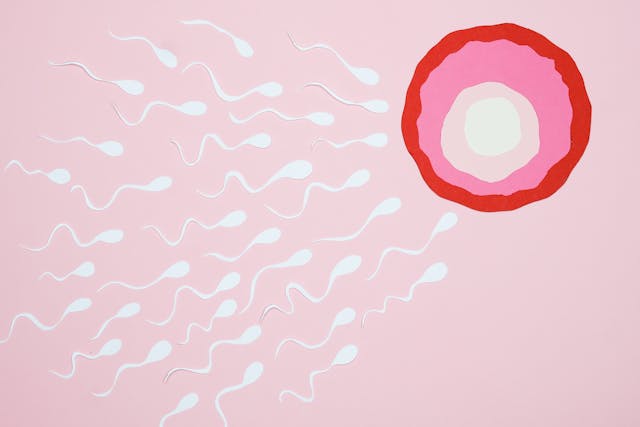

 Vasectomy is a commonly chosen method of permanent contraception, offering couples peace of mind. However, life is filled with unforeseen twists and turns. Whether you’re contemplating a vasectomy or have already undergone the procedure, it’s crucial to be aware of male fertility preservation options. In this comprehensive guide, we will explore strategies for preserving male fertility both before and after a vasectomy.
Vasectomy is a commonly chosen method of permanent contraception, offering couples peace of mind. However, life is filled with unforeseen twists and turns. Whether you’re contemplating a vasectomy or have already undergone the procedure, it’s crucial to be aware of male fertility preservation options. In this comprehensive guide, we will explore strategies for preserving male fertility both before and after a vasectomy.